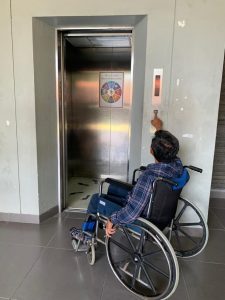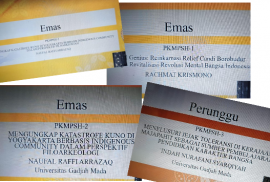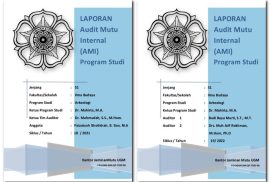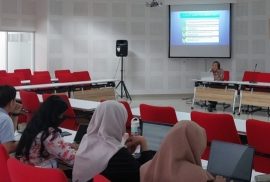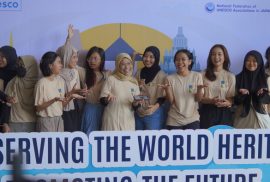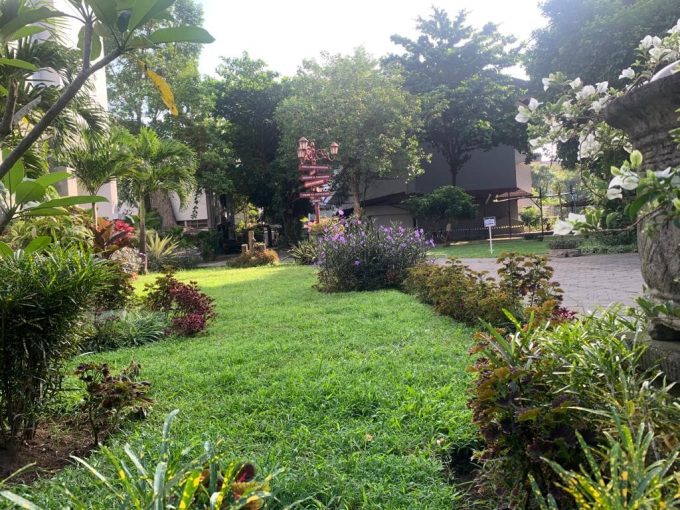
Learning activities on campus require a comfortable environment and the availability of supporting facilities for people with disabilities. The Department of Archaeology, Faculty of Cultural Sciences, Gadjah Mada University (FIB UGM), located in the Margono Djojohadikusumo Building, demonstrates its commitment to creating a comfortable and inclusive environment through green open spaces and facilities that are accessible to people with disabilities. This initiative aims to ensure that all students, regardless of their diverse abilities, can access education optimally. This aligns with the implementation of the SDGs, specifically SDG 10 on reducing inequalities and SDG 11 on sustainable cities and communities, which focuses on building inclusive, safe, resilient, and sustainable settlements.
The Department of Archaeology at FIB UGM views inclusion as one of the core values in the education system. As part of efforts to enhance accessibility, facilities within the department have been designed and managed with the needs of people with disabilities in mind.
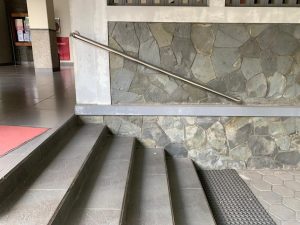
Some of the key facilities provided at the Department of Archaeology at FIB UGM to support comfortable learning and disability-friendly environments include:
Green open spaces: The Department of Archaeology’s courtyard is planted with various trees to create a comfortable and cool learning environment, such as matoa trees (Pometia pinnata), waru trees (Hibiscus tilliaceus), duwet trees (Syzygium cumini), and kepel trees (Stelechocarpus burahol) around the open-air stage area, as well as various ornamental plants. Interestingly, the plants mentioned above are now quite rare to find in the Yogyakarta city area.
Availability of discussion spaces: Student discussions and socializing activities are also a priority for the Archaeology Department and the Faculty of Cultural Sciences at UGM, hence providing discussion spaces with benches and tables as part of the campus’s support for student activities related to learning.
Building accessibility: The design of the building and classrooms in the Margono Djojohadikusumo Building has been adapted to be easily accessible for people with disabilities, including the provision of ramp facilities for wheelchair users, stairs equipped with handrails for the elderly or those who require them in general, bike parking spaces, and pathways designed to be comfortable and accessible for people with disabilities to connect between buildings and courtyards within the campus environment.
By continuing to promote inclusion and accessibility in a green campus, the Department of Archaeology at FIB UGM hopes to contribute as a positive example for educational institutions in creating an inclusive and welcoming learning environment for all.
